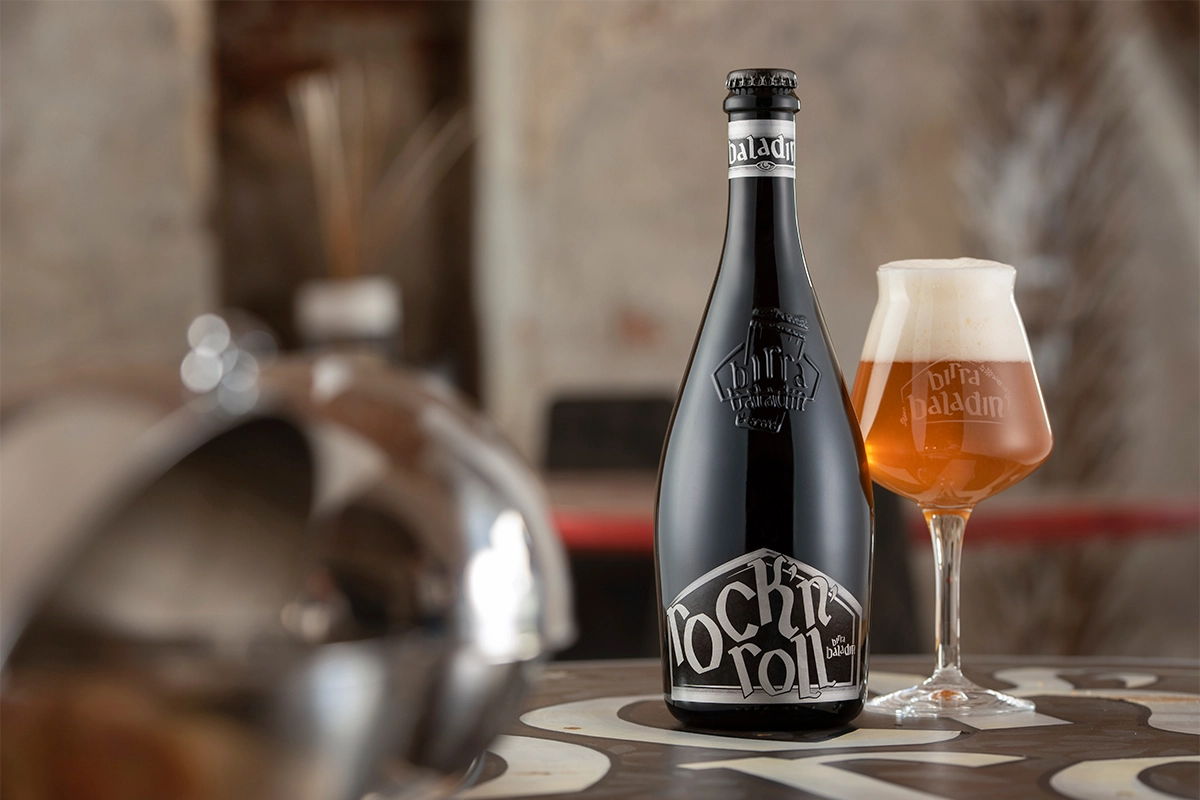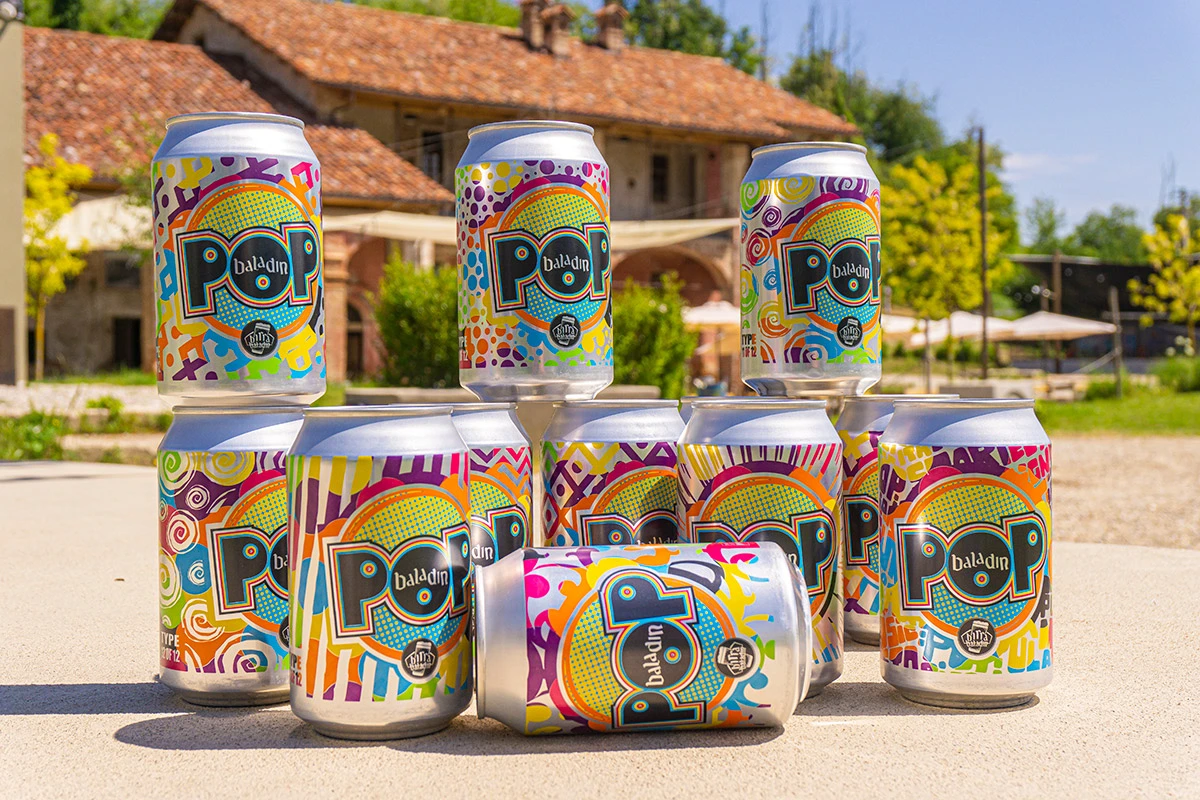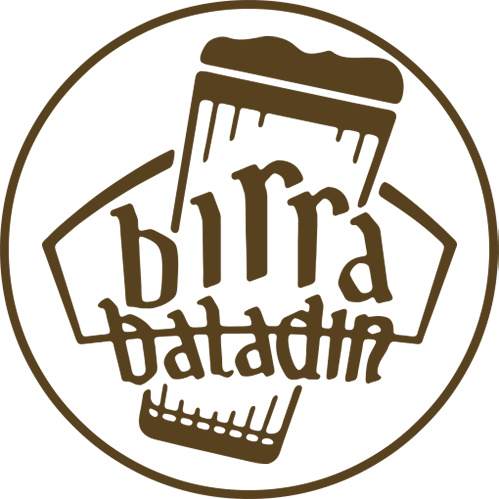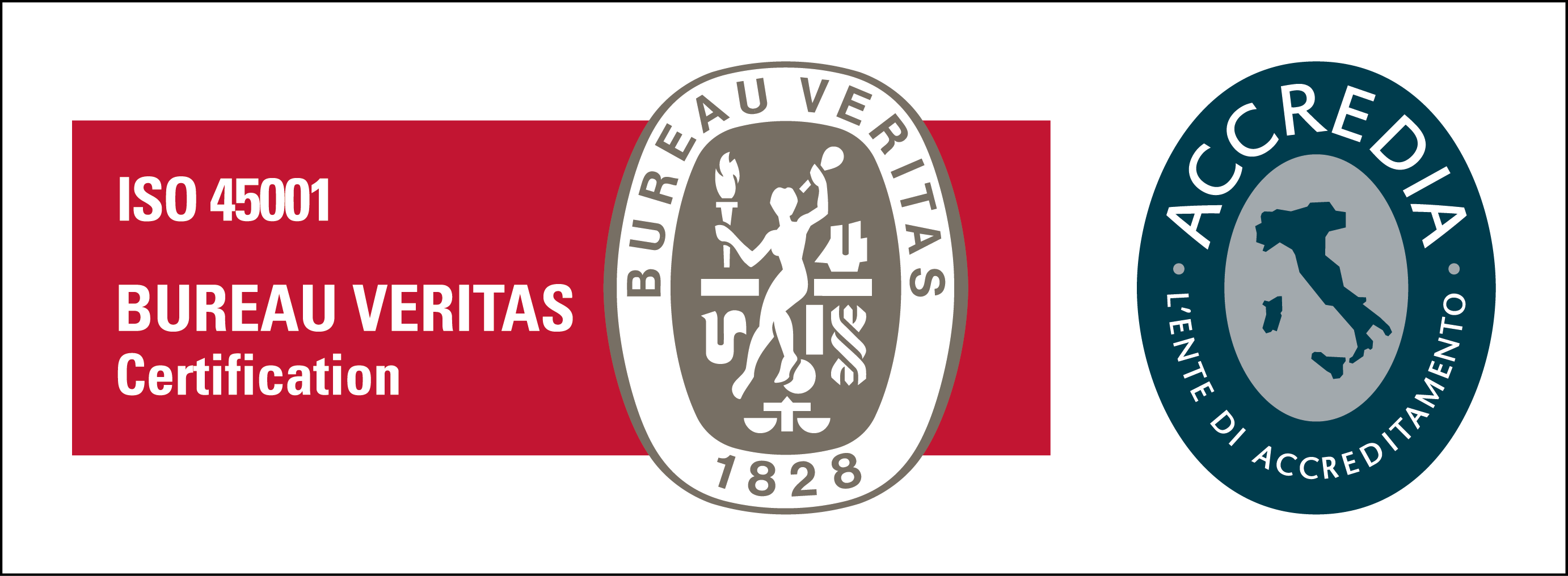The origins of a legend: American Pale Ale
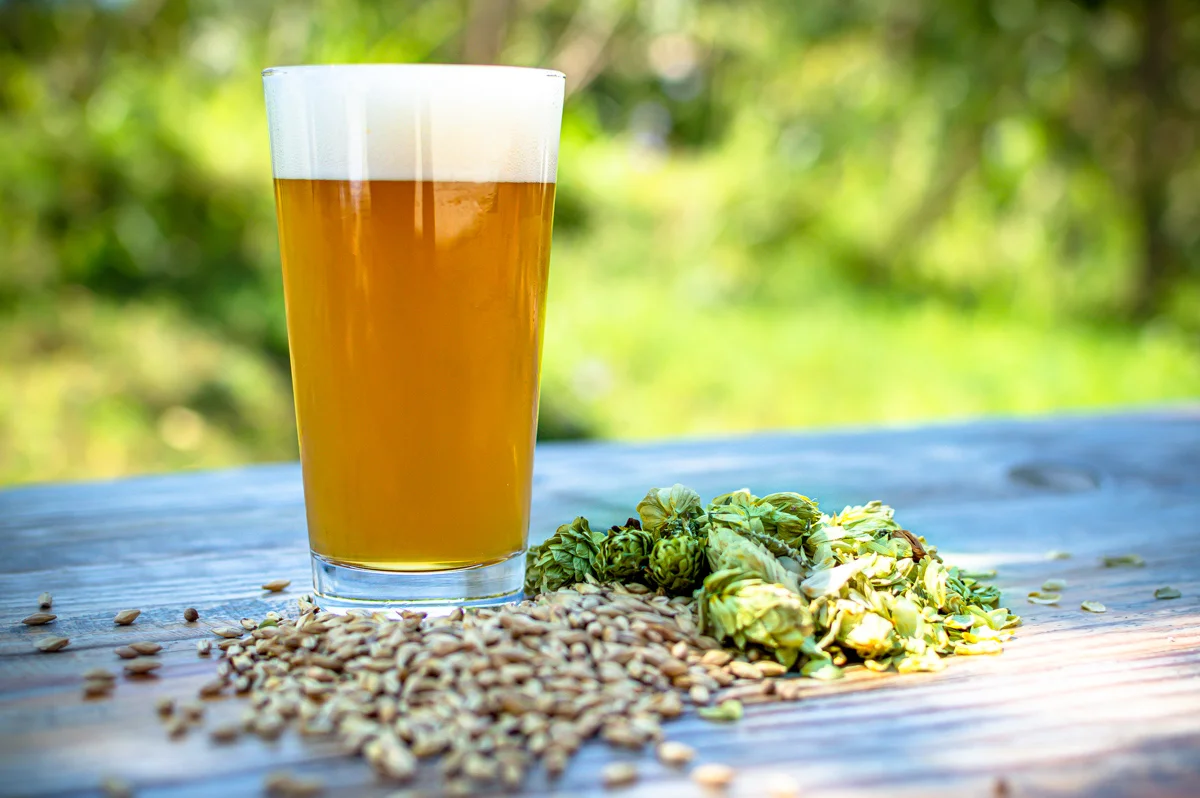
The United States are the largest craft beer market in the world. It’s not only a matter of numbers. The local beer scene is extremely influential: it can dictate the rules and times of trends and inspire brewers all over the world.
The world of American craft beer is terribly exciting and boasts a wide range of styles: some have stronger connections to past traditions; others are more linked to the modern rediscovery of craft beer. The latter certainly include American Pale Ales, one of the most popular styles in the world and the perfect embodiment of the American concept of a beer for all occasions. This beer family - like many others in the US - actually started as a new interpretation of a classic European style.
SUBSCRIBE TO BALADIN NEWSLETTER
Not yet American Pale Ales
The name Pale Ale identifies traditional, everyday beers in the British culture, commonly served on tap at the end of the 19th century. The definition includes the many variations of Bitters, usually available in casks (small barrels) and served with a handpump, used to push the beer into the glass as an alternative to more common (and modern) CO2 systems. Pale Ales are still extremely popular in Britain: they are the classic pub beers - light and easy to drink - that accompany the days of Britons.
Like other European styles, Pale Ales have been relaunched by American breweries in rather recent times and have been transformed in the process. The style has been adapted to the tastes of American consumers and to locally available ingredients. It has stayed true to the original style, but with some new and unique peculiarities.
From Pale Ale to American Pale Ale: the aromatic profile
If compared to their British cousins, American Pale Ales generally have a lighter color, more subtle caramel notes (or none at all) and a cleaner fermentation profile. Most importantly, their character is defined by hops: hops are the key element in the aromatic profile, although the overall harmony and drinkability are preserved.
The unique features of American Pale Ales largely depend on the use of local ingredients. English Pale Ales tend to emphasize great British malts, while the American versions often use indigenous two-row barley.
As for yeasts, top fermentation strains are used in both cases. However, American yeasts are more neutral than the English ones, which means they virtually do not contribute to the development of the aromatic profile, or they do so to a much lesser extent. This brings out the main source of aromas of American Pale Ales: local hops, which are quite different from the traditional European ones. US varieties are very bold and often give notes of resin, tropical fruit or citrus fruit. In addition, American hops add a distinctive bitterness, which gives these beers a lot of character and makes them easy to drink without compromising their overall harmony.
American Pale Ales today
For a long time, American Pale Ales were the most popular craft beers in the United States, until the rise of IPAs (and American IPAs). They have undergone the changes and trends in the international world of craft beers, changing their characteristics more than once.
The growing interest for bitterness has led to an impressive rise of this characteristic in beers, and more and more breweries around the world have made their own versions of APAs, adapting them to their taste and to local ingredients. That's why the current definition of American Pale Ale can also include beers made with non-American hops, but from New Zealand, Japan or Australia. Of course, their use implies that the aromas of the resulting beer are different from those of original American Pale Ales.
The American Pale Ale style is one of the most democratic of all: it includes many variations, while preserving its identity without the need for many sub-styles - which is what has happened, and is still happening with American IPAs. Like all beer styles for every day, relaxed consumption, their success withstands the passing of time and, every now and then, they come under the spotlight again.

